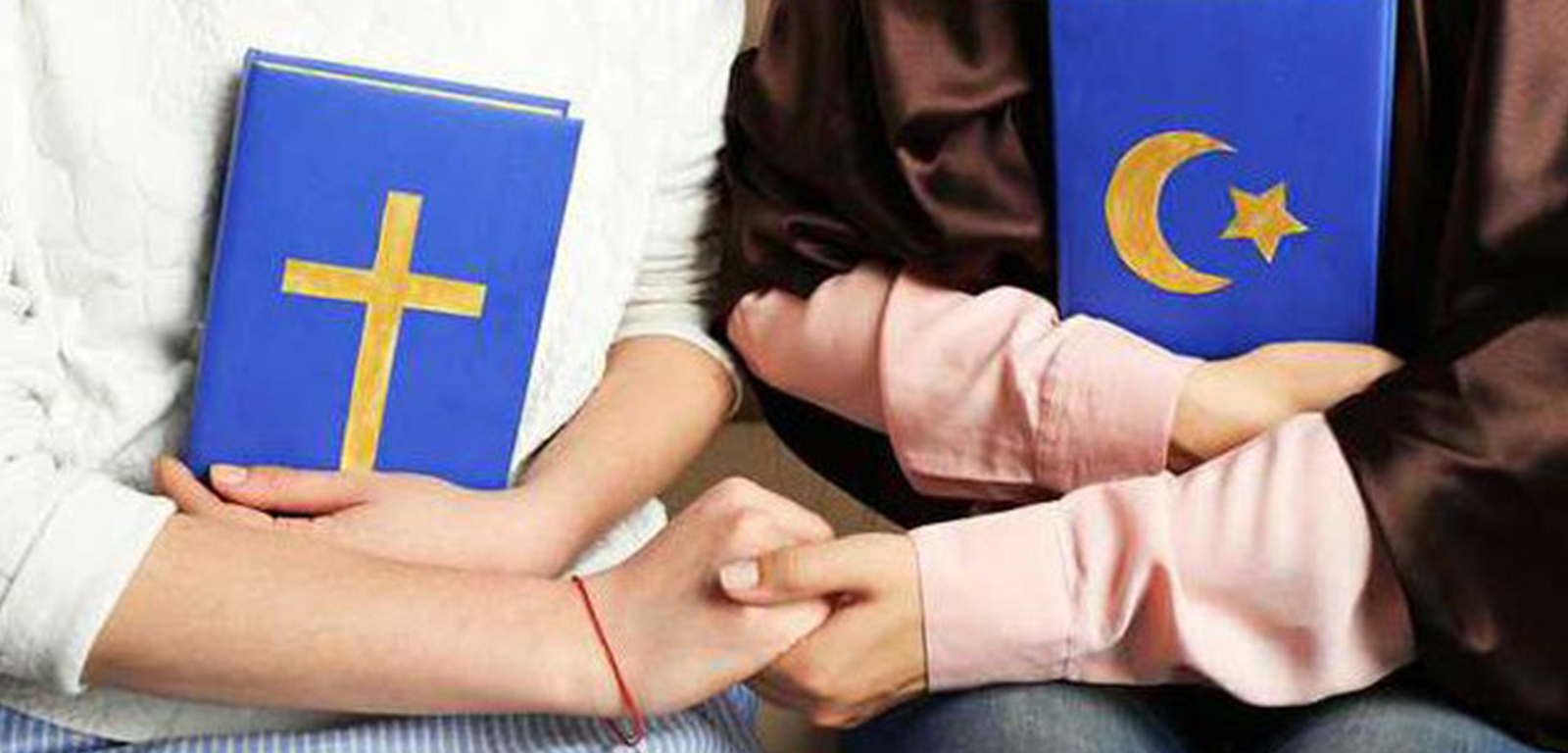

A UK 2:1 honours degree, or its international equivalent, with a mark of at least 65%, in a relevant humanities subject (e.g. theology/religious studies, philosophy, or history).
For 2020 entry we accept the following English language qualifications at the grades specified*:
IELTS: total 7.0 (at least 6.0 in each module)
TOEFL-iBT (including Special Home Edition): total 100 (at least 20 in each module). We do not accept TOEFL MyBest Score to meet our English language requirements.
PTE Academic: total 67 (at least 56 in each of the "Communicative Skills" sections)
CAE and CPE: total 185 (at least 169 in each module)
Trinity ISE: ISE III with a pass in all four components
For 2021 entry we will accept the following English language qualifications at the grades specified*:
IELTS: total 7.0 (at least 6.0 in each module)
TOEFL-iBT (including Special Home Edition): total 100 (at least 20 in each module). We do not accept TOEFL MyBest Score to meet our English language requirements.
CAE and CPE: total 185 (at least 169 in each module)
Trinity ISE: ISE III with a pass in all four components
*(Revised 21 February 2020 to remove PTE Academic from 2021 entry requirements. Revised 21 April 2020 to include TOEFL-iBT Special Home Edition in 2020 and 2021 entry requirements.)
Your English language qualification must be no more than three and a half years old from the start date of the programme you are applying to study, unless you are using IELTS, TOEFL, PTE Academic or Trinity ISE, in which case it must be no more than two years old.
This programme, housed within the School of Divinity, draws on the strengths of one of the most distinguished centres of religious and theological studies in the country. It offers a deep and broad study of the rich intellectual traditions of Islamic law, theology and philosophy in conversation with Christian thought, ethics and political theology. The dialogical framework of the course allows you to study multiple disciplines in both Islamic and Christian thought and practice, not as mere historical artefacts, but as resources that transform the academic study of religion and engage public debates on the place of Islam, Christianity, and religion in society.
The programme’s core courses will enable you to receive a strong grounding in the major themes and methodologies in Islam and in the academic study of Christian-Muslim relations. You will gain a deep appreciation of the philosophical, theological and ethical debates between Christians and Muslims in different times and places. Optional courses from which you may choose your other modules, include a variety of courses in both Islam and Christianity: Islamic literature; Islam, Law and Human Rights; Islam, Gender and Ethics; and African Religious Diversity as well as the various options in Christian theology and history. In addition, students can take courses offered by the department of Islamic and Middle Eastern Studies (IMES).
The programme offers opportunities for study and collaboration with world renowned academics, with a view to tailoring a personalized path to doctoral study or to other relevant careers.
More info: Click here
Compulsory courses
Major Themes in the Study of Islam
From Diatribe to Dialogue in Christian Muslim-Relations
Approaches to Research in Divinity and Religious Studies
Approaches to Research: Islam and Christian-Muslim Relations
Option Courses
You will choose three options from among the courses specific to the programme, such as:
Islam, Law and Human Rights
The options on offer change from year to year, so please consult the Programme Director for advice on what will be available. With the agreement of your Programme Director, you may also choose options from other taught masters programmes.
Find out more about compulsory and optional courses
We link to the latest information available. Please note that this may be for a previous academic year and should be considered indicative.
Literary Classics of the Islamic World
Reflections on Gender and Ethics in Classical and Contemporary Islam
The Qur’an—Islam’s Holy Book
Muslims in Europe
Islamic Movements in the 20th Century
African Religious Diversity

Possible fields for employment after completion of this programme include:
Academia
Non-governmental organisations
Academic Publishing
Think-Tanks
Religious Leadership
National and International civil services
